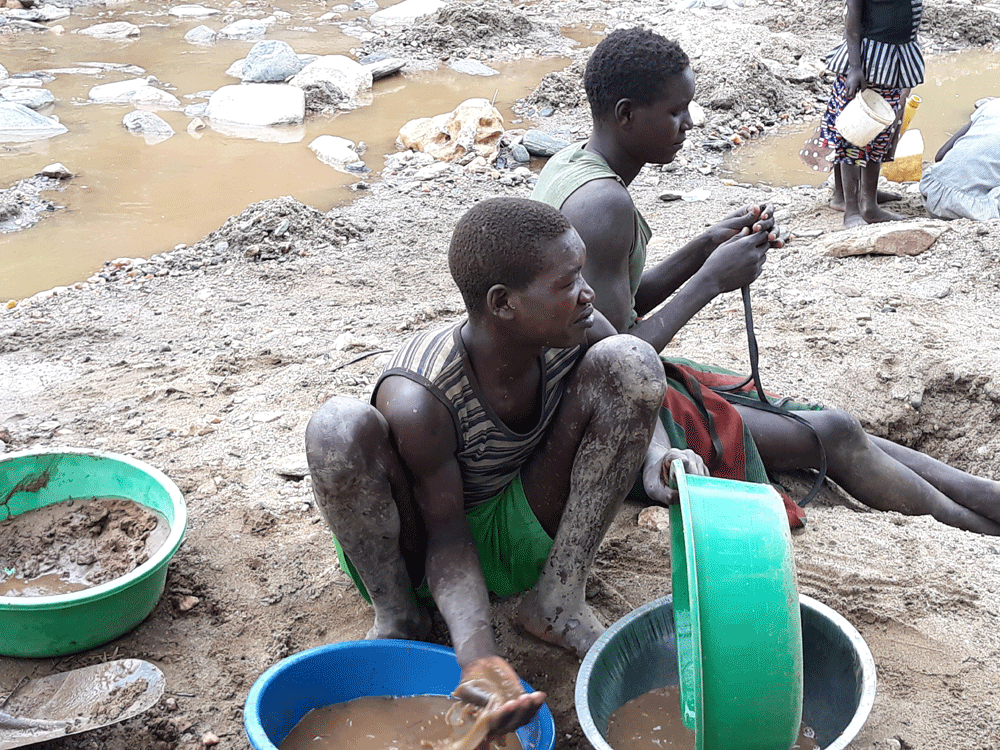Prime
Meat prices shoot up amid ban on cattle transportation

Ms Amina Tibilwamu at her meat stall in Jinja Central Market. Prices of meat have increase to Shs12,000 in the area. PHOTO BY TAUSI NAKATO
What you need to know:
- A random survey conducted in Kampala and Jinja indicated that prices have increased from Shs10,000 per kilogramme in April to between Shs12,000 and Shs13,000.
- In some parts of Jinja District, the price of meat has increased to Shs12,000 per kilogramme from Shs10,000. Goat’s meat is going for Shs15,000 from Shs12,000 per kilogramme.
Kampala | Jinja. People planning to buy meat in Kampala and other areas across the country will have to dig deeper as prices continue to increase amid a ban on the transportation of animals from the Ankole Sub-region.
The ban, commonly known as a quarantine, was imposed on all cattle from the Ankole cattle corridor in May last year by the commissioner for animal health in the Agricultural Ministry after the outbreak of foot and mouth disease.
Some of the districts affected by the quarantine include; Mbarara, Bushenyi, Isingiro, Ibanda, Sheema and Kiruhura, among others.
Dr William Mwebembezi, the Mbarara District Veterinary officer, confirmed the quarantine in a telephone interview yesterday.
“It is true the quarantine is still on because most of the districts in the Ankole cattle corridor are still grappling with foot and mouth disease. Although the problem has reduced in Mbarara, we are still restricted to transporting cattle to external traders,” he told Daily Monitor yesterday. Isingiro District, according to Dr Mwebembezi, is the mostly affected.
Mr Bruhan Kasozi, the Isingiro District veterinary officer could not be reached yesterday.
The foot and mouth disease causes high fever in cattle, which is followed by inflammations and occurrence of blisters inside the mouth of infected animals. The virus may also cause the hooves to rupture, inducing lameness.
The reduced number of cattle from the Ankole cattle corridor has since triggered scarcity thus pushing up prices of meat.
A random survey conducted in Kampala and Jinja indicated that prices have increased from Shs10,000 per kilogramme in April to between Shs12,000 and Shs13,000.
The ban has also forced a drop in the number of slaughtered animals from an average of 200 in April to about 100 per day in Kampala.
Mr Abel Mugumba, the City Abattoir chairman, told Daily Monitor yesterday the quarantine has severely affected the operations of the facility hence the price increment.
“Our call to government is that they should urgently intervene and save butchers by finding a solution because the quarantine has heavily affected our businesses,” he said.
In Mbarara District, the price of meat has increased from Shs9,000 to Shs10,000 while that of goats’ meat has increased from Shs12,000 to Shs14,000 per kilogramme. Dr Mwebembezi said the quarantine has also affected local governments revenue collection.
Prices also increase in Jinja
In some parts of Jinja District, the price of meat has increased to Shs12,000 per kilogramme from Shs10,000. Goat’s meat is going for Shs15,000 from Shs12,000 per kilogramme.
Similarly, the authorities in Jinja District have attributed the increase to the quarantine in the Ankole cattle corridor.
Mr Majid Mpoya, the chairperson of Meat, Chicken and Offal department in Jinja Central Market, said the quarantine had reduced supply of animals in the area.
He noted that traders from Kampala have been scavenging for animals in Busoga thus forcing prices to go northwards.
Last week, Uganda Bureau of Statistics said the escalating price of meat had been key in the increase of inflation which rose to 3.8 per cent in August.
Mr Chrysostom Kagolo Mukiibi, the Jinja Cattle Traders and Butchers Association chairperson, said the export factor could also have affected the market although on a smaller scale.
“Uganda is exporting animals to neighbouring countries [which could be impacting the local market],” he said.
He noted that the price of cattle has risen from Shs1.5m to about Shs2m depending on weight.
Efforts to speak to the Agriculture minister, Vincent Ssempijja were futile as our calls went unanswered. His deputy, Christopher Kibanzanga was reportedly out of the country.




